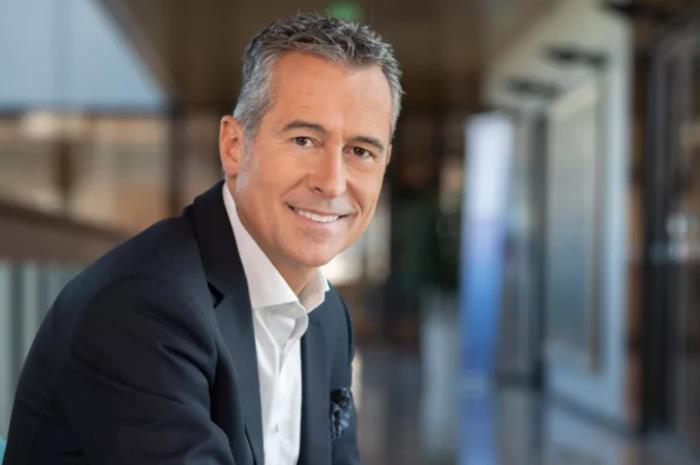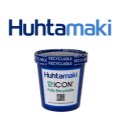If this is your company, CONTACT US to activate Packbase™ software to build your portal.


Huhtamaki’s position is very clear – waste is a valuable secondary material. Food packaging already contributes to low-carbon circularity, but there is still more that must be done.
“Our focus on circularity aims to keep materials and substances in the economy, generating value for as long as possible. Taking increased circularity and carbon reduction together, Huhtamaki is committed to working collectively to foster innovation. For example, through our work with WasteAid we support the delivery of education and training on waste management and circular systems in South Africa, Vietnam and India,” says Charles Héaulmé, President and CEO of Huhtamaki.
Reducing food waste
To further limit carbon impact, packaging and the systems which enable material recovery must work across the whole value chain. An unacceptable 30% of all food produced is currently lost or wasted. According to the latest research from WWF, this accounts for 10% of greenhouse gas emissions globally. By extending shelf life and protecting food’s characteristics, packaging keeps food safe from spoilage and preserves its original properties. In fact, studies show that the environmental benefit of preventing food waste is typically five to 10 times higher than the environmental impact of packaging. The evidence, therefore, is strong that packaging helps lower the carbon impact of food systems and improves their circularity.
Collaboration can make a difference
Through our work with WasteAid, we have supported their objective to fast-track and amplify local solutions that create value and reduce waste and pollution.
In our view, there are five areas where collaboration can make a real difference with solutions that are appropriate to local conditions, as opposed to one-size-fits all answers.
We believe in prioritizing renewable resources, building infrastructures for collection and recycling, innovating to unlock sustainability, and promoting incentivization and partnership to establish this innovation. Moreover, we believe in supporting consumers to adapt their behaviour, for instance, through environmentally focused education initiatives for children in schools around the world.














































